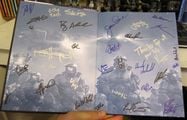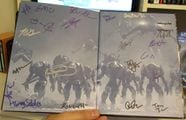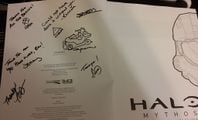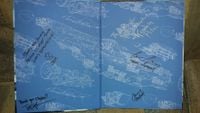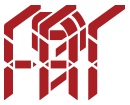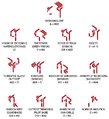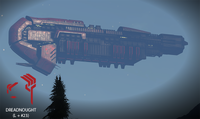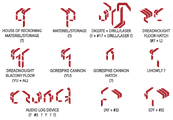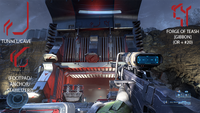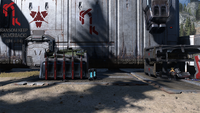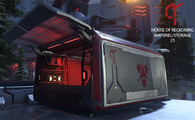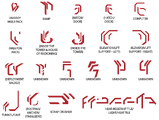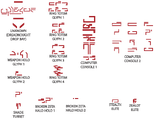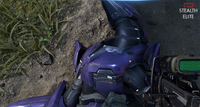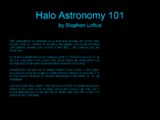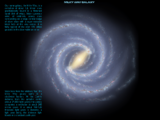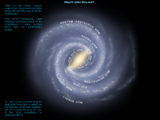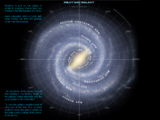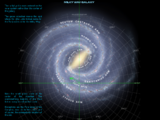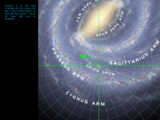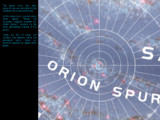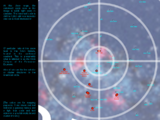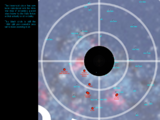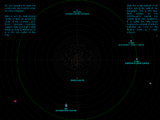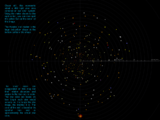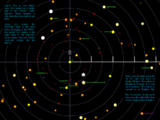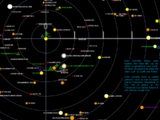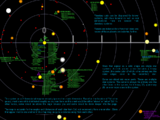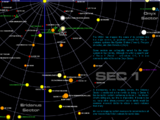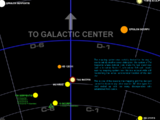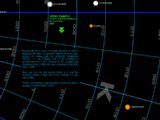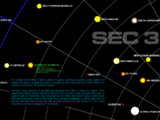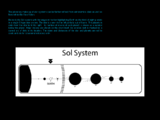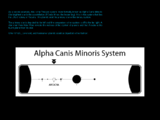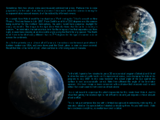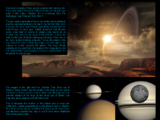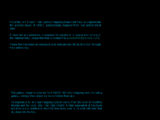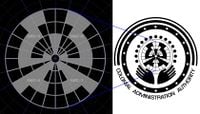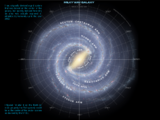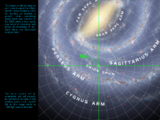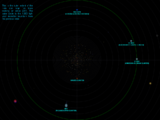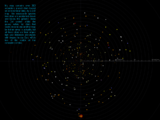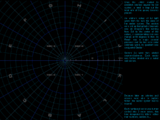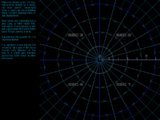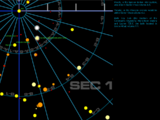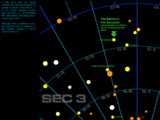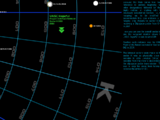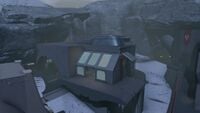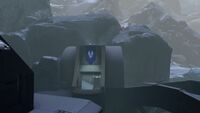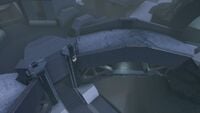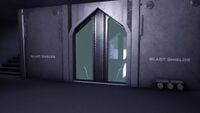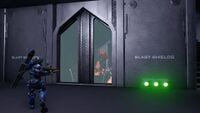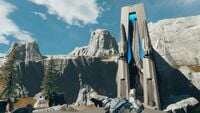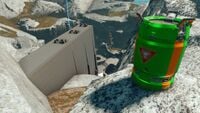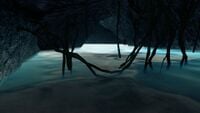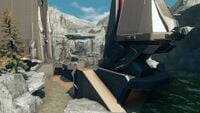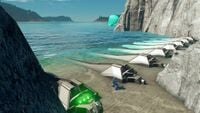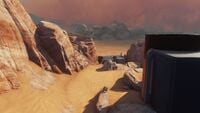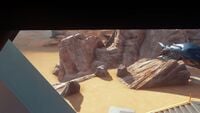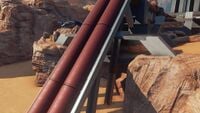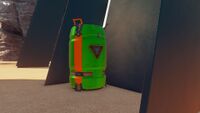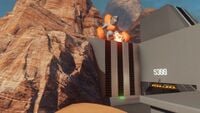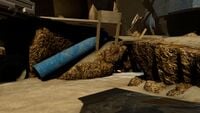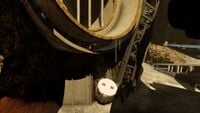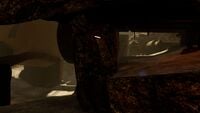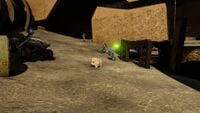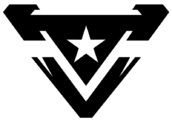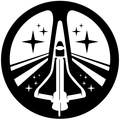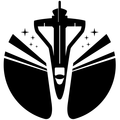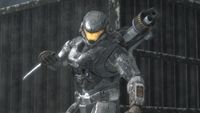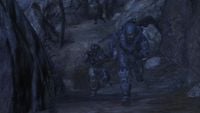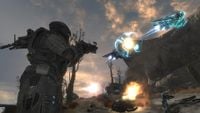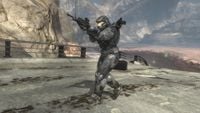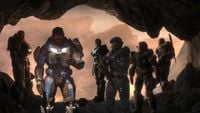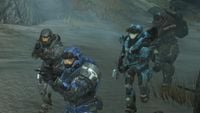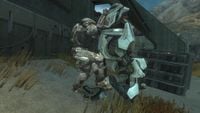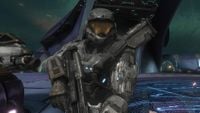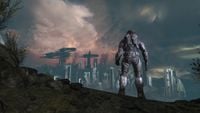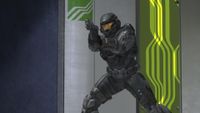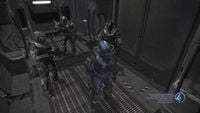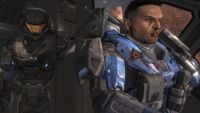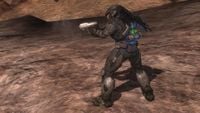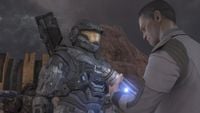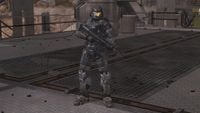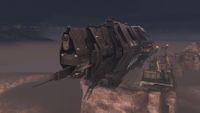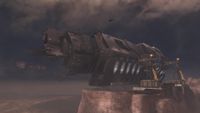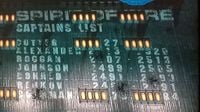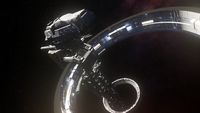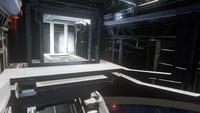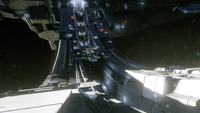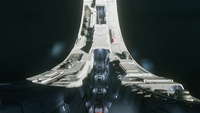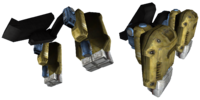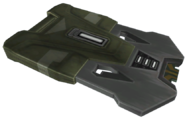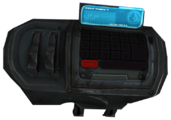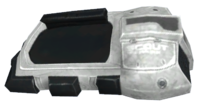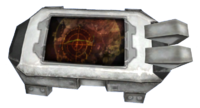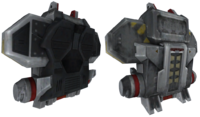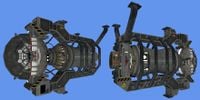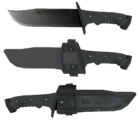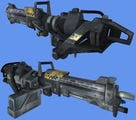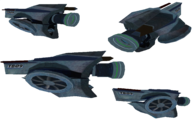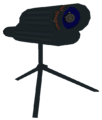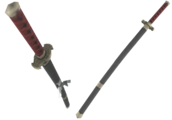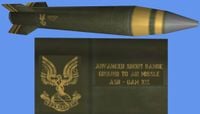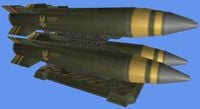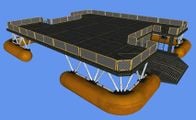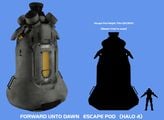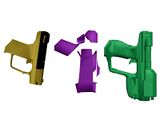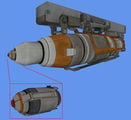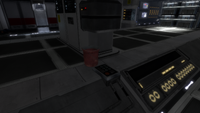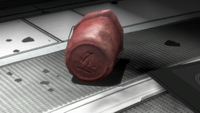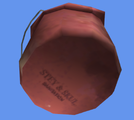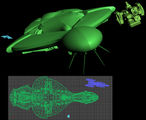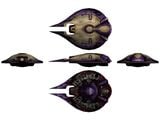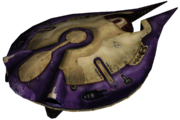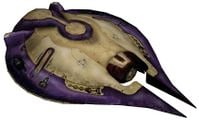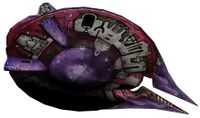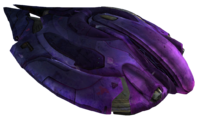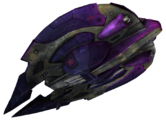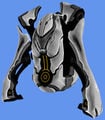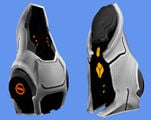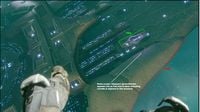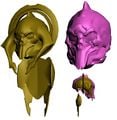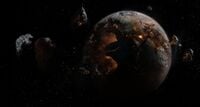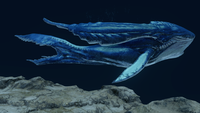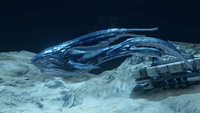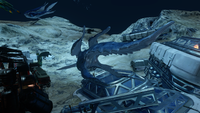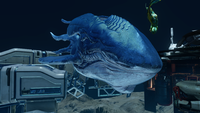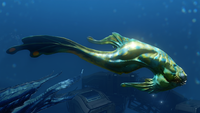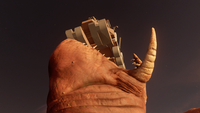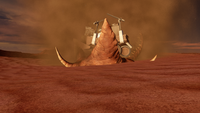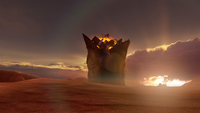ScaleMaster117
131 article edits
|
|
| Line 208: |
Line 208: |
| File:H4-SpOps-MissileWarhead.jpg|Missile from Spartan Ops level Vortex. | | File:H4-SpOps-MissileWarhead.jpg|Missile from Spartan Ops level Vortex. |
| File:H4-HavokNuke-Missile.jpg|Havok warhead and missile in Broadsword cradle. | | File:H4-HavokNuke-Missile.jpg|Havok warhead and missile in Broadsword cradle. |
| | File:H3O_Stey&Skul_bucket1.png|A red bucket manufactured by Stey & Skul in the Data Hive beneath the city of New Mombasa. |
| | File:H3O_Stey&Skul_bucket2.png|The underside of a Stey & Skul bucket. |
| | File:H3O_Stey&Skul_bucket3.png|A clearer render of the Stey & Skul logo on the bucket's underside. |
| </gallery> | | </gallery> |
|
| |
|
Latest revision as of 19:21, October 17, 2024
Halo Contributions/Miscellaneous
Inside front cover autograph page from the Halo: The Essential Visual Guide, my first 'official' contribution to 343 Industries for my work reviewing the book.
Inside back cover autograph page from the Halo: The Essential Visual Guide, from folks at 343 Industries.
Autograph page from my Mythos copy gifted to me by 343 Industries as a thank you for my help with the book.
Autograph page from my Warfleet copy gifted to me by 343 Industries as thanks for helping create the book.
Examination of Zeta Halo's Rotational Period
An examination of Zeta Halo's spin relative to the star in its current solar system.
Banished Symbology
I've been examining the Banished symbology as presented in Halo: Infinite. With a few data points from the game files, patterns emerged in their numbering system. The Jiralhanae seem to count in a base-4 system. This is likely due to the Jiralhanae four-digit hand.
With canon data showing glyphs that represent numbers 1, 2, 3, and 4, it can be seen that 1–3 use one style of glyph and that #4 starts a new glyph. The glyphs for #1 and #4 can iteratively build until there are 3 glyphs each. At this point it, numbers rise to 15 and suggest a new glyph is needed. There is another glyph style seen among Banished numbers and that number represents #16. So after three of the same glyph we get a new style with #4 and when that maxes at 3 copies of that glyph, another new one emerges at 4x4 (16). It would then stand to reason there would be another glyph change needed again at 4x4x4 (64). You can see from the patterns below that maximizing three each of the three different glyphs allows the Jiralhanae to count from #1 to #63. At this point a new glyph would be needed to represent #64 but it has not been provided in Halo Infinite. Counting to #25, for example, in the Jirahanae language amounts to translating each quantity of the unique symbol glyphs into their individual numbers and adding them. So, #25 is 16+4+4+1.
The canon data sources of some numbers were gleaned from examining some of the game objects/files. Those were numbers 1, 2, 3, 4, 7, 19, and 31. The rest of the pattern was filled in from there. I ran my findings by 343 Industries' Ken Peters and a 'cheat sheet' he had handy that showed the first 30 glyphs confirmed my pattern was good.
That said, there are two errors I discovered that may have been typos when naming the objects/files in the game. The symbols that must be #22 and #36 have official file names of number 33 and N33.
These symbols are all numbers in Jiralhanae glyphs representing 1 to 63.
The orange symbols are sourced directly in the game files and are canon. The blue symbols' "official" meanings have to be errors based on an otherwise unerring pattern.
The Banished alphabet is a harder case to crack. From a few canon labels in the objects/files, it seems to indicate that rather than glyphs having definite alphabetical representations, it seems each unique glyph represents a sound made in the growling nature of Jiralhanae language.
Most of the unique glyphs follow a pattern of enough repetitive shapes that it allowed me to composite all unique glyphs into one full glyph. From this it was easy to make the individual alphabetic glyphs by turning the appropriate shapes on and off in my illustration program.
A collection of all currently-known unique Banished alphabetical glyphs in Halo: Infinite.
A composite of all known Jiralhanae glyphs from and examination of Halo Infinite's campaign, multiplayer, and forge. This symbol does not appear intact in the game in this amalgamated state...it's just for illustration here on this page.
The Dreadnought and the Banished outposts on the surface of Zeta Halo use combinations of alphabetical glyphs with number glyphs to represent each facility or geographic area of interest. (Most often the numbers are displayed after the letter-sounds but some instances have the numbers shown first.)
Interestingly, most of the Banished bases also have a code word that may have been a game-development remnant left in the files. Bases were mostly named for primate types. There's not likely any deep meaning to these...just an interesting find.
The known glyphs of the Dreadnought and major Zeta Halo Banished bases.
The Banished Dreadnought adorned with an emblem indicative of the sound of the letter L and the number 23.
Some glyphs in the game are shown reversed. Some seem intentional and the few that do have the same file name for their game objects so no new translation for the letter/sound seems warranted...they mean the same thing. But most of the revered ones (including numbers) are usually due to their application in mirrored geometry in a game's level and should probably be ignored. The ones presented here are by far the more prevalent orientation.
The glyphs shown here are only a sample of letter/number variations that can be found throughout Halo Infinite...this was not meant to be an exhaustive collection, just an illustration of how the letters and numbers look together.
Various examples of letter-sound and number combinations.
A small spotlight projects the number 22 on a mountain near the Digsite. (This can only be seen well if visiting the region in Zeta Halo's nighttime.)
The Forge of Teash showing glyphs of the outpost as well as the symbols likely analogous to 'tunnel' and 'footpad'.
The Jiralhanae sound "Uh" and the number 4 make up the emblem for Ransom Keep.
The ubiquitous emblem on much of Banished tech like this cargo box, some non-outpost sniper towers, or even the giant House of Reckoning edifice.
There are other glyphs displayed on various pieces of Banished tech and buildings that do not conform to the patterns above of the letter-sounds or numbering system but are nevertheless distinctly Banished in their look. I've made some guesses as to their possible meanings based on them being shown in some consistent ways or used in the same manner. While it may not be a direct word-to-word translation they seem to convey the meaning of the glyph.
While these don't match the known letter-sounds or numbers, possible meaning can be deduced from repeated, consistent usage for some glyphs.
More examples of other Banished glyphs seen throughout the game.
Marking seen on the Stealth Elite is like the Banished glyphs seen on holographic callouts.
Halo Astronomy
HALO ASTRONOMY 101
The following sets of images represent work I've done over several years attempting to make a map of known UNSC/Halo fictional space in the galaxy. It was originally presented to 343 Industries in 2014 to show them a possible method of reconciling some canon data points from various sources along with highlighting a few fictional faux pas they did and how to overcome them. This was originally a PowerPoint slideshow I put together for them. The second slideshow was a derivative of the first showing how I came about my notion of the UNSC sector system. These are both my own speculative pieces based on canon info and has not been endorsed in whole by 343 Industries.
After my sector system was made to work with almost all canon data points, I noticed I'd drawn the same number of grids as the old CAA logo. Coincidental? ...Or did I stumble upon what Bungie intended all along?
HALO SECTOR SYSTEM
This was derived from the previous slideshow to describe in more detail how I came about the sector system and why I think it works. I had many iterations before landing on this one but this best fit the data.
Halo 5 Easter Eggs
Fracture barrel location 1.
Fracture barrel location 2.
Fracture barrel location 3.
Fracture Easter egg location.
Fracture Easter egg activated.
Hinterlands barrel location 1.
Hinterlands barrel location 1 close-up.
Hinterlands barrel location 2.
Hinterlands barrel location 3.
Hinterlands Whale Easter egg activated.
Pioneer barrel location 1.
Pioneer barrel location 2.
Pioneer barrel location 3.
Pioneer barrel location 3 close-up.
Pioneer giant Grunt Easter egg activated.
Scavenger barrel location 1.
Scavenger barrel location 2.
Scavenger barrel location 3.
Scavenger moving pig Easter egg activated.
Logos, Icons, and Emblems
Logo of the UNSC Air Force
Logo of the UNSC Marine Corps
Liang-Dortmund corporate logo
Liang-Dortmund's space division logo
A variant of the L-D space division logo
Logo of the New Tyne Armory, Venezia
UNSC Personnel
Noble Six, Hyper-lethal vector!
Noble Six stuns Banshees.
Noble Six on Surdok Ridge.
Noble Team moves up the beach.
Noble Six - an elite assassin!
Noble Six on the Ardent Prayer.
Noble Six reaches New Alexandria.
Noble Six with magnum in New Alexandria.
Noble Six with AI "package".
Noble Six delivers the "package" to Captain Keyes.
UNSC Ships and Vehicles
Marathon-class heavy cruiser (starboard view)
Pillar of Autumn from Halo: Reach
Pillar of Autumn at Asźod, Reach
Longsword from Halo 2, dorsal view
Longsword from Halo 2, ventral view
Spirit of Fire's Captains List
UNSC Stations
Full shot of Auriga Station
Lethbridge Industrial's Auriga Station
Auriga Station's presumed docking bay area on the central spine
Habitat ring looking at Wargames Simulation area
Habitat ring of Auriga Station
UNSC Technology and Materiel
R7 booster packages for non-atmospheric craft orbital lift-assist.
UNSC TACPAD. (Halo: Reach)
Data Module for the TACPAD. (from Halo: Reach)
Arm computer worn by Dr. Sorvad and Dr. Halsey on Reach.
Spartan armor forearm TACPAD from Halo: Reach.
Spartan armor forearm tracker (UGPS) from Halo: Reach.
M-Spec Re-entry Pack from Halo: Reach.
UNSC Savannah's slipspace drive.
Trooper beacon from Halo: Reach.
UNSC binoculars from Halo: Reach.
Spartan knife from Halo: Reach.
Emile's Kukri from Halo: Reach.
Jorge's dog tags, close up.
News drone (multiple views) from Halo 2.
Spotting scope from Halo 2.
Buck's knife from Halo 3: ODST.
Biofoam Canister from Halo 3: ODST.
Spotting scope from Halo 3.
Laptop used to scan the Master Chief after his fall from the sky in the opening cinematic of Halo 3.
Render of the ASR-GAM 10X Missile from Halo 3.
Render of a rack of the ASR-GAM 10X Missiles from Halo 3.
Floating platform used by workers to rescue the Arbiter from the splashdown of the bow section of the Forward Unto Dawn from Halo 3.
Halo 4 combat knife (bump shading; not texture)
Halo 4 version Forward Unto Dawn single-occupant escape pod.
Render comparison of the Halo 2 Magnum, Lasky's sidearm, and the Halo 4 Magnum.
Giant mech on the multiplayer map Adrift.
Missile from Spartan Ops level Vortex.
Havok warhead and missile in Broadsword cradle.
A red bucket manufactured by Stey & Skul in the Data Hive beneath the city of New Mombasa.
The underside of a Stey & Skul bucket.
A clearer render of the Stey & Skul logo on the bucket's underside.
Covenant Ships, Vehicles, and Materiel
UNSC frigate compared to Covenant CRS-class cruiser
Covenant Seraph fighter (Halo 3; multi-view)
Seraph fighter (Halo 3; dorsal-fore view)
Seraph fighter (Halo 3; dorsal-aft view)
Seraph fighter (Halo 3; ventral-fore view)
Seraph fighter (Halo Reach; dorsal-fore view)
Seraph fighter (Halo Reach; ventral-fore view)
Covenant Data Module containing Cortana's message from Halo 3
Covenant fusion coil from Halo 4.
Covenant fuel tank from Halo 4.
Covenant power core from Halo 4.
Covenant power supply from Halo 4.
Covenant Burst Artillery weapon from Spartan Ops, Halo 4.
Screenshot I took to help calculate the size of the supercarrier for the Halo: The Essential Visual Guide.
Render I made to help calculate the size of the supercarrier for the Halo: The Essential Visual Guide.
Forerunner Materiel
Forerunner Fusion Coil (Halo 4)
Librarian's Dais (upturned) compared with Didact's helmet.
Planets
Planet Harvest before its fall to the Covenant.
The destroyed planet around which Gamma Halo orbits.
Ambient Life
The paelosur from Beta Gabriel. (Halo 5)
The paelosur swimming near Fathom Station.
A paelosur swimming away.
The qothal from Beta Gabriel. (Halo 5)
Meridian sandworm attacking a rig.
Meridian sandworm attacking a rig.
Meridian sandworm attacking a rig.
